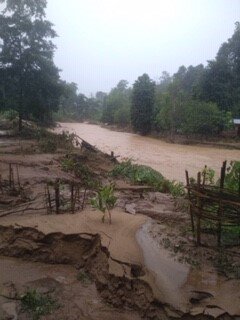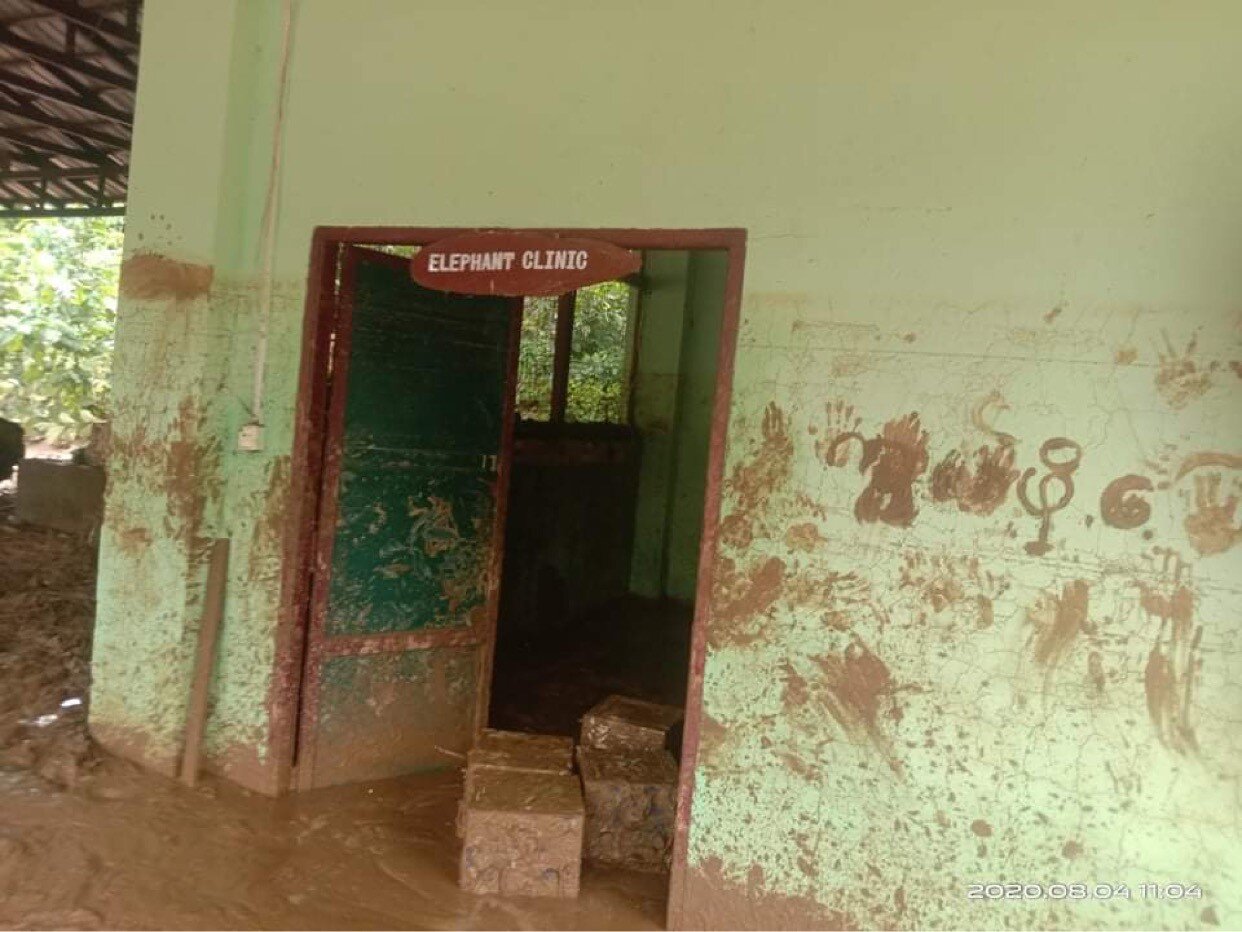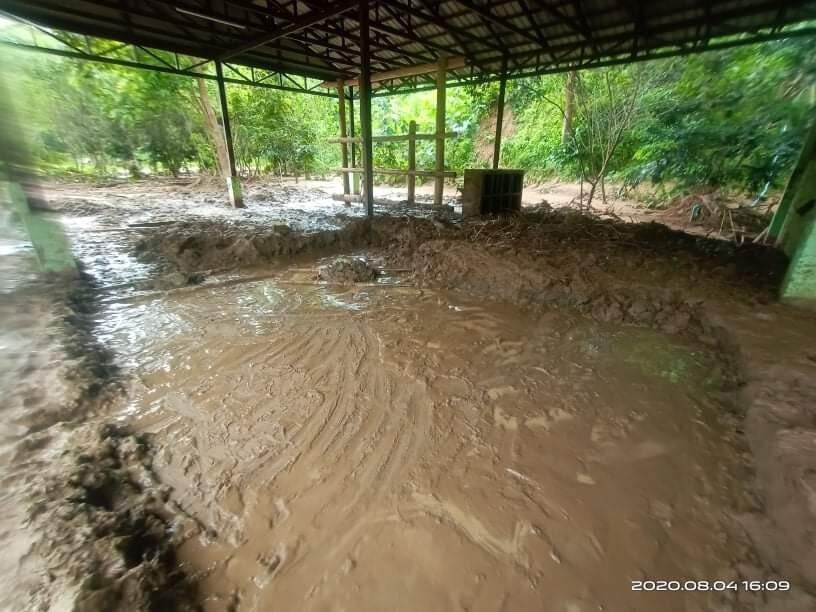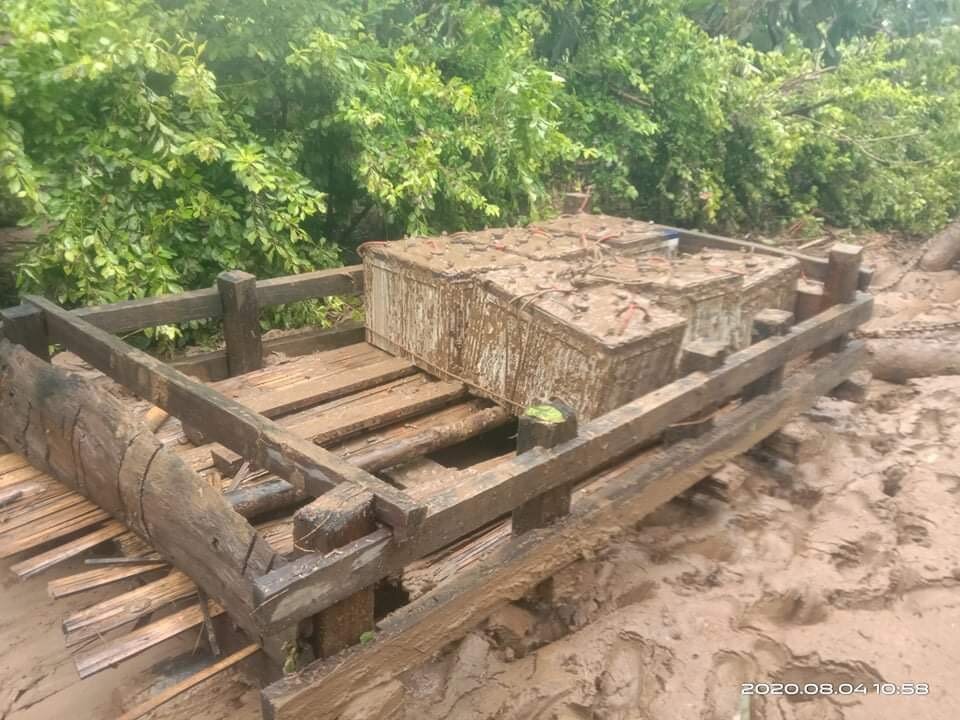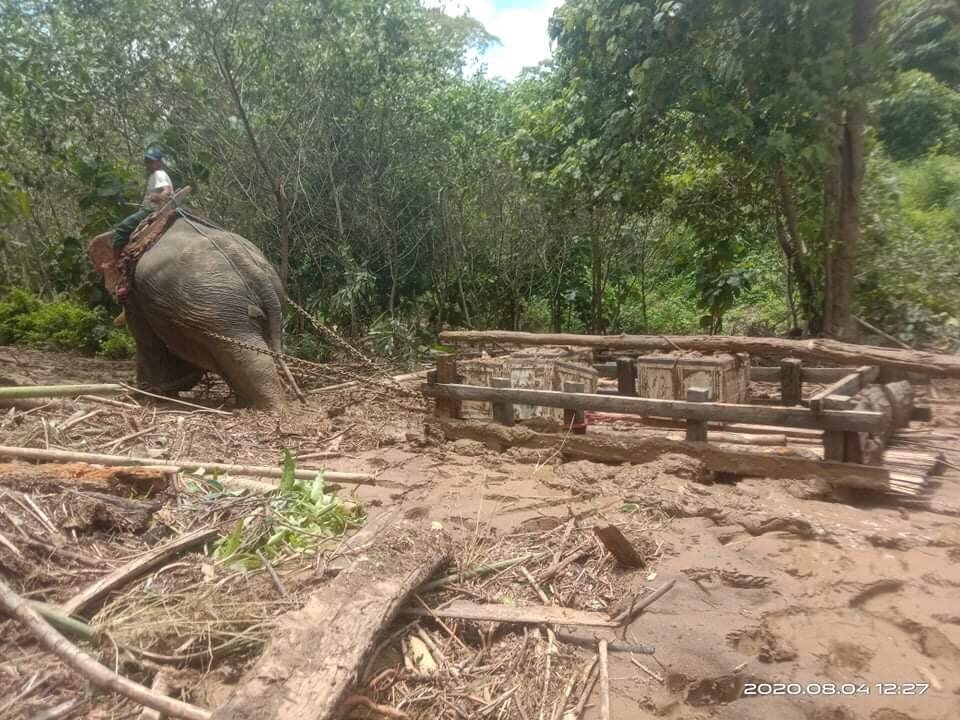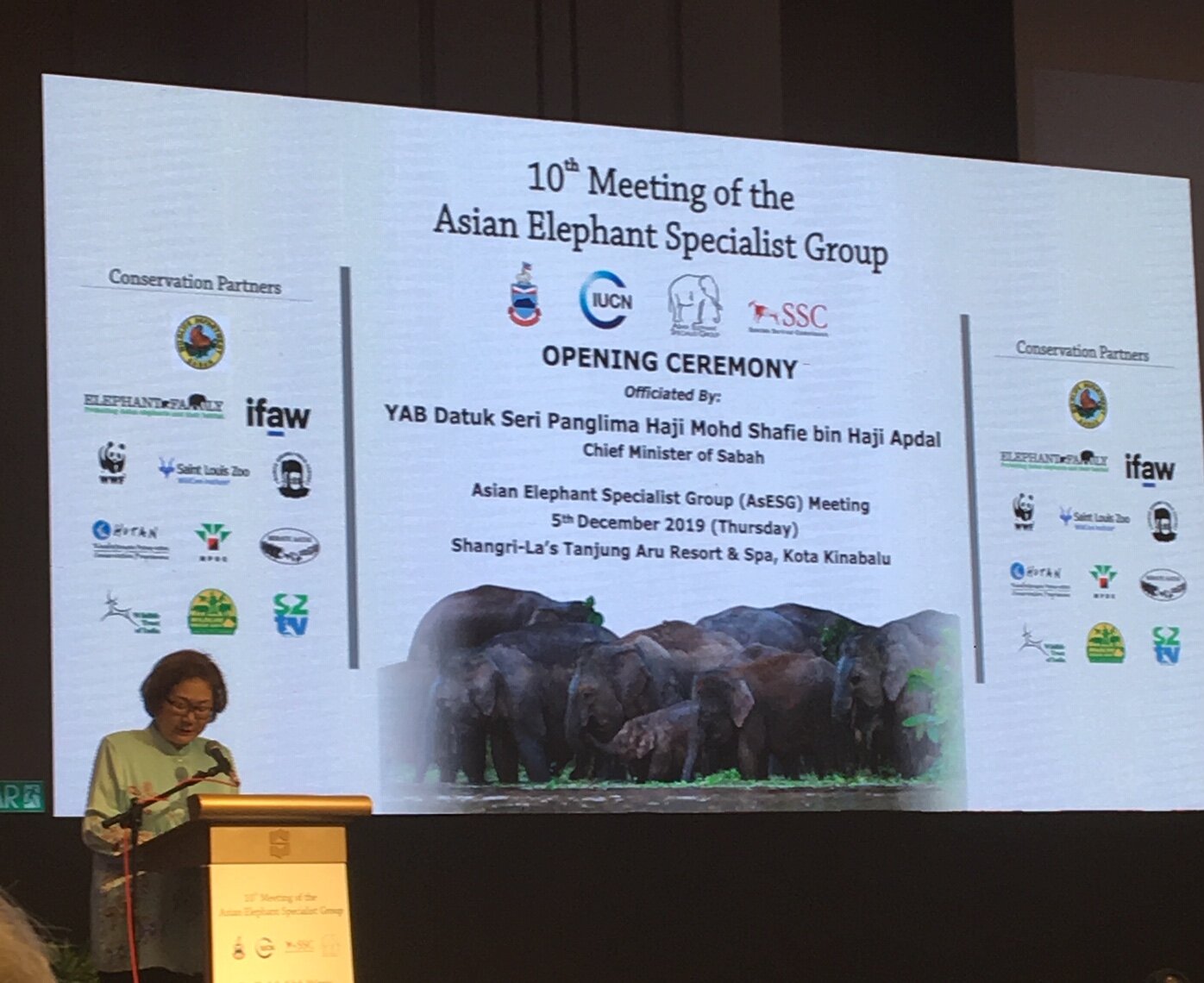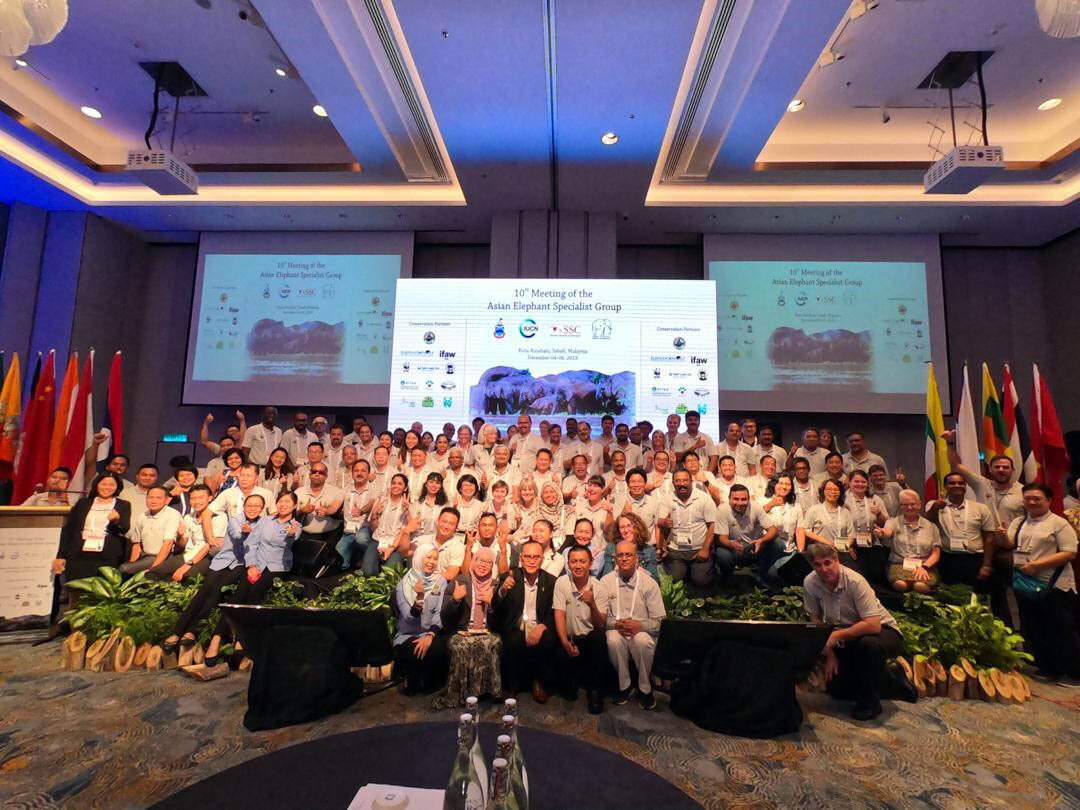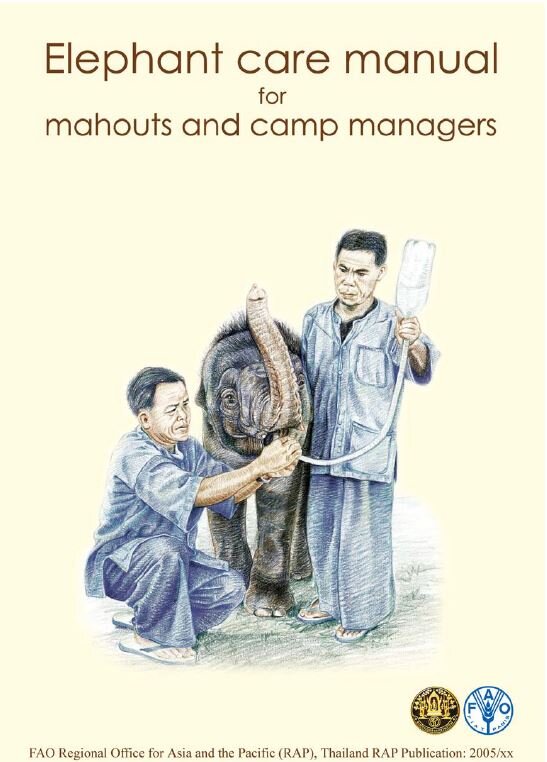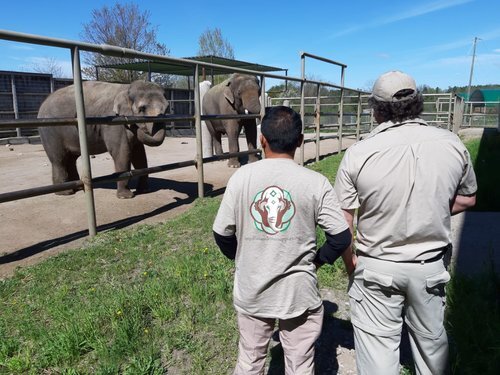Plai Salawin stands next to the CMU Van - Hundreds of elephants are helped by the Clinic every year, thanks to your support
We at Asian Elephant Support, count ourselves lucky to have such amazing friends, who love and care for Asian elephants and their caretakers as much as we do!
From Canada to New Mexico, from New York to Santa Barbara, and everywhere in between, you supported the Chang Vet Aid 2021 fundraiser and our efforts to provide the salary for Dr. Siripat, the additional Veterinarian with Thailand's Chiang Mai University Mobile Vet Clinic.
On behalf of all of us at Asian Elephant Support, thank you for making this fundraiser such an overwhelming success. With your help we raised more than $15,000 through shirt sales and additional donations during the campaign, allowing us to not only provide the salary for the second Veterinarian but also to continue to fund emergency requests for aid throughout Asia during this difficult time.
We hope that all those who purchased items enjoy and wear them with pride when they arrive in the mail and that all those who contributed know how grateful we are to you for your generosity.
Linda, Barbara, Liz & Mindy
Asian Elephant Support, Board of Directors

































